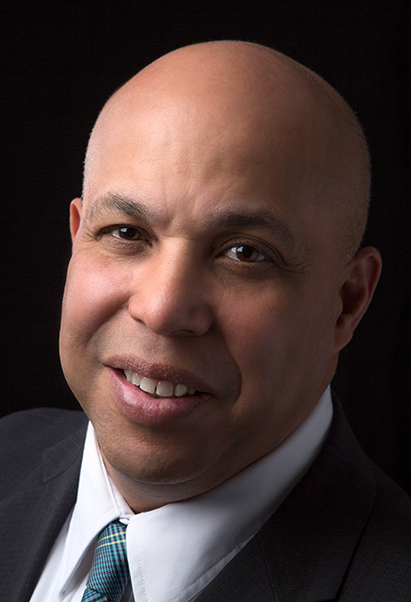Duff: Reverberations of Magna Carta
Thursday, September 19, 2024 | 0
I've authored a new law review piece that will be appearing in final form in the Northeastern University Law Review next spring. I continue my lifelong attempt to connect workers' compensation and the ongoing quest to obtain adequate remedies for injured, diseased and killed workers to larger themes in labor law and to social justice more generally:

Michael C. Duff
"This article argues that workers in the United States have been unconstitutionally undercompensated for their work injuries for at least a century. This provocative fact, coupled with statistics showing that over 120,000 people per year die from workplace injury and occupational disease, suggests a looming postpandemic struggle for better injury remedies and safer workplaces. Workers’ compensation, the current state-based system by which American workers receive compensation for work-related injury and death, was obtained from legislatures as a 'grand bargain,' the value of which has significantly deteriorated over time, and the constitutional coherence of which has been impacted by the obvious inadequacy of worker remedies. The bargain, in other words, has been breached, and the article argues for a 'new bargain' driven by worker consciousness of employer unjust enrichment from the original bad bargain.
"A new bargain may be contractually renegotiated by labor unions in unionized industries, or it may emerge as a series of 'shock absorbers' in reaction to national emergencies, like pandemics and extreme weather events or expanded disease coverage, which COVID-19 revealed is virtually nonexistent. The new bargain should be aggressively sought in brusque disregard of the fiction that workplace harm is necessarily accidental and thus damnum absque injuria. This tale was built on misinterpretations of the Constitution that simply will no longer do. The article discusses 'unenumerated rights' and contends that they exist and include federal guarantees to adequate remedies for tortious harm. More importantly, the article asserts that worker embrace of this idea can energize a spirit of restitution: What has been taken may be regained through mandatory federal bargaining and state-specific statutes.
"The article takes issue with inadequate benefits like, for example, arbitrary cutoffs in which workers receive paltry sums like $155,000 (total) for a lifetime of total disability (the maximum recovery in Kansas as of this writing). Given such shocking numbers, it can only be hoped that 'welfare' or 'Social Security' will fend off worker poverty. Although partially disabled workers were originally, in the early 20th century, entitled to a weekly benefit based on a percentage of the amount of wages lost as a result of a work injury, or on some estimate of the reduction of an injured worker’s earning capacity after the injury, for the full duration of the injury, this right is no longer recognized in most states. Instead, partially disabled workers are compensated under arbitrary benefit 'schedules' bearing no articulated relationship to wages lost, or even to an explicit projected loss of earning capacity. All of this, the article contends, is broadly subject to worker revision, and this article provides an outline of first steps out of the morass."
Michael C. Duff is a professor of law at the Saint Louis University School of Law and co-director of the university's William C. Wefel Center for Employment Law. This entry is republished from the Workers' Compensation Law Professors blog with permission.




Comments